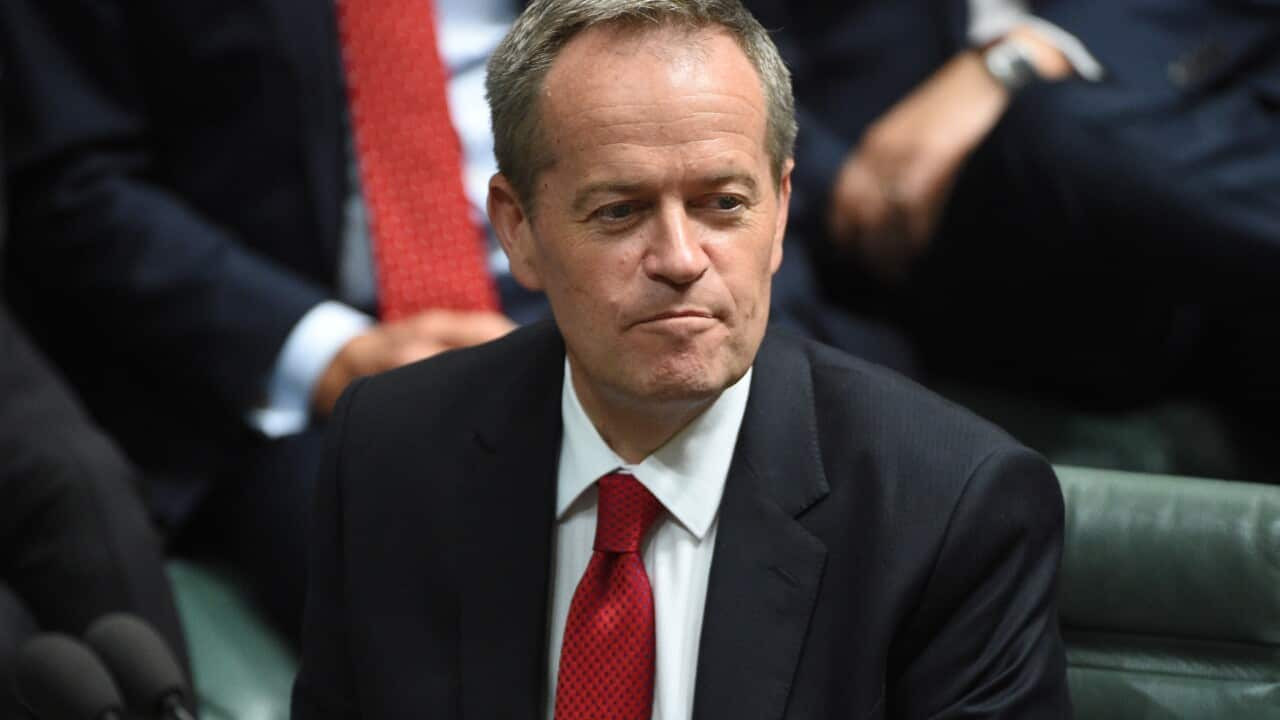Bill Shorten and the Labor team are quietly pleased with their policy successes this year and especially for their role in bringing an end to Malcolm Turnbull’s honeymoon period.
They hope it may lead to 2016 electoral success. But that is a very ambitious goal.
History tells us a lot. In the post-World War II period, no Australian government has been defeated after just one term. Some came close, like John Howard’s first election in 1998 or Labor’s first-term election under Julia Gillard after the Kevin Rudd overthrow. Each time the incumbent got back in despite some strong anti-government sentiment.
Malcolm Turnbull and the Liberal National Party Coalition have a very large buffer to play with.
Gary Gray, the outgoing Labor MP from Western Australia and former Labor Party National Secretary, doesn’t believe Labor can win and that is one of the reasons he is departing politics.
"The historic averages are against us and that's why I say it's not likely that we'll win the next election," he told reporters recently as he explained his decision not to recontest the seat of Brand.
His comments have created an extra headache for Bill Shorten, who doesn't want any defeatist attitudes creeping in. In Western Australia, Gray, Melissa Parke (Fremantle) and Alannah MacTiernan (Perth) have all decided not to stand in 2016. They are the only three Labor MPs from Western Australia in the Parliament.
History aside, there is another reason this election is so tough for Labor. Its result in 2013 was so bad it needs a uniform national swing for more than 4 per cent and to win around 20 seats to get back in.
In 2013, Labor was defeated in a landslide, losing 17 seats across the country. In New South Wales alone, eight seats including Banks (around the Sydney suburbs of Picnic Point and Revesby), Barton (suburbs of Earlwood and Hurstville), Lindsay (Penrith and St Marys), and Reid (Burwood and Drummoyne) fell to the Liberal Party. In Victoria, Labor lost Corangamite (Geelong and Barwon Heads), Deakin (Ringwood and parts of Croydon), La Trobe (Boronia to Gembrook and Officer). Labor lost three seats in Tasmania, two seats in Queensland and one in South Australia.
It has a long way to come back.
In the current parliament there are 90 Liberal/National Party politicians in the House of Representatives and only 55 from Labor.
Michael Cooney has advised two Labor leaders. He was Prime Minister Julia Gillard's speech writer. Today he is the Executive Director of Labor’s Chifley Research Centre. He has praised leader Bill Shorten’s performance.
"Any first-term election is difficult to win. But if you think back to 1984 or 1998 or 2010 you see government that at the start of the year were pretty impregnable come very close to losing and swings of that kind replicated this year would see Labor form government," Michael Cooney told SBS.
"But obviously it is essential for the long term that Labor win a lot of seats" he said.
Michael Cooney is working closely with the Labor team as it sets the campaign strategy.
"I think there are two contests. There is contest over the plan and a contest over the leaders. In both cases the contest will be won in middle Australia" he said.
He admits Labor faces a difficult task but he says victory is possible.
"I think coastal Queensland is a really big opportunity for Labor politically. As shown in the Queensland state election, their preparedness to throw out a conservative government that didn't do what it said it would do has the flag running pretty high up the mast."
He says Labor is working on its messaging and is ready for the campaign whenever it is called.
"You will definitely be hearing about middle class and working class Australians, I think there is a conscious effort by Labor to show it understand the broad sweep of Australian lives."
"I think that Bill Shorten thinks that inequality is a problem and I don't think that Malcolm Turnbull thinks that inequality is a problem," Mr Cooney says.
He says Labor's negative gearing plan to limit the scheme to new property only and to cut the capital gains tax discount is designed to tackle the problem of inequality.

